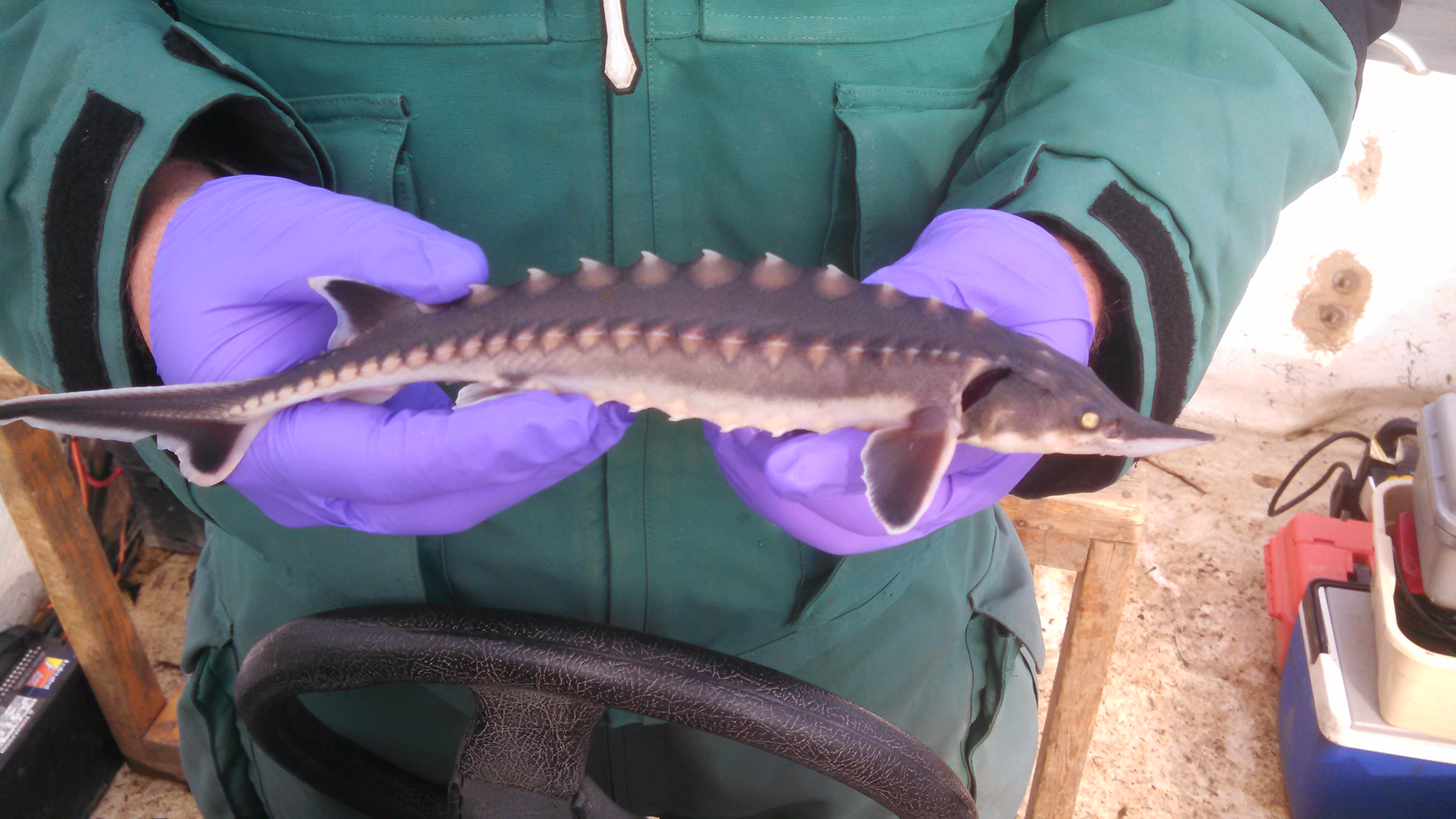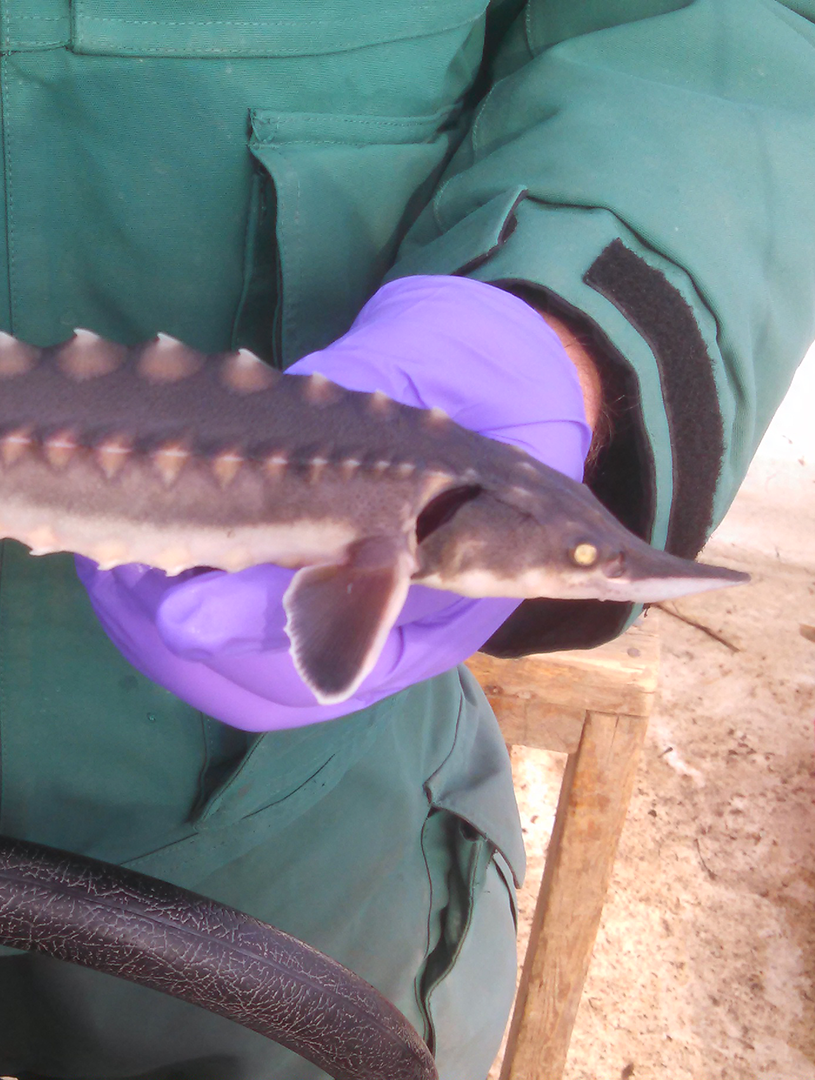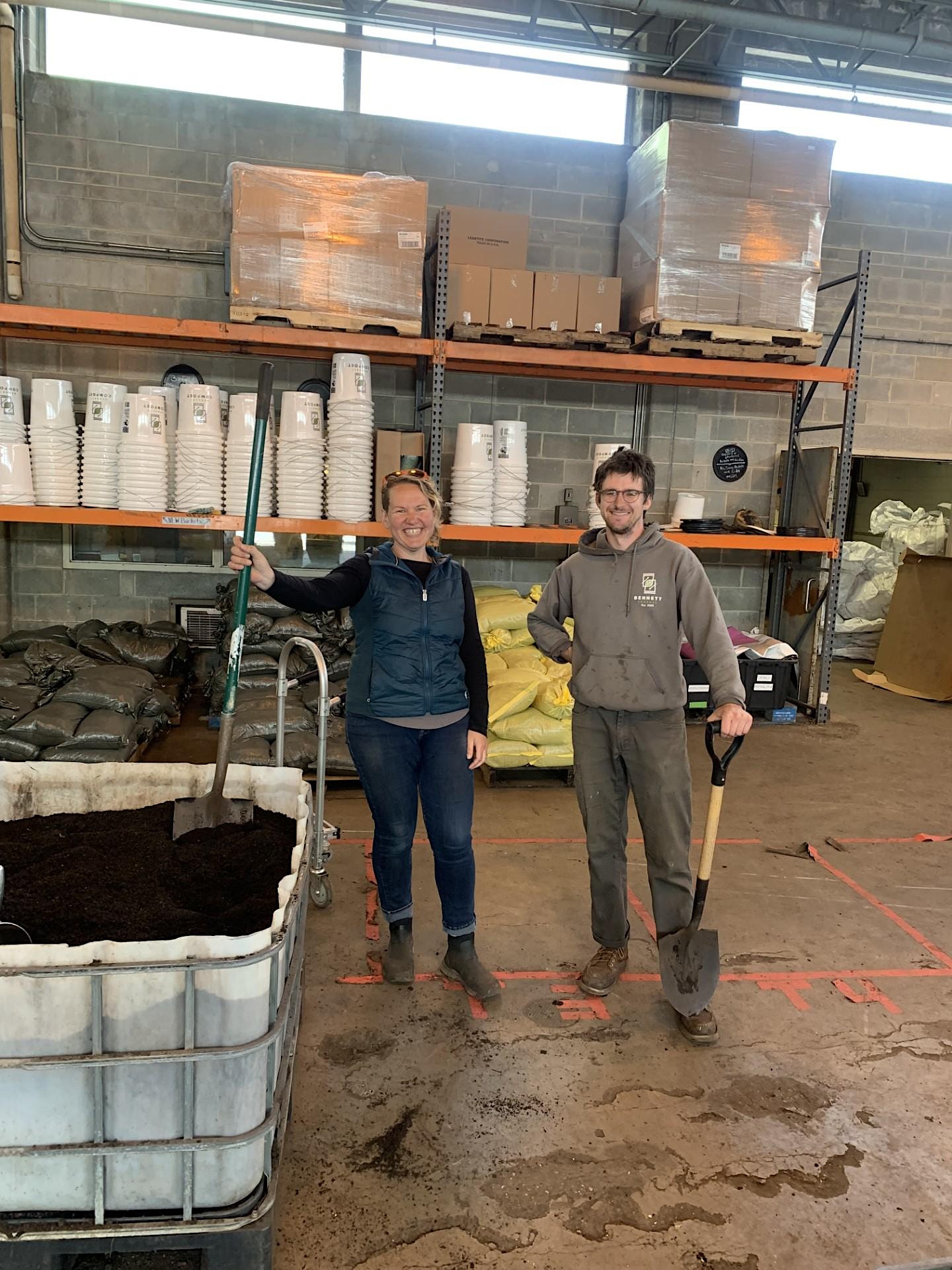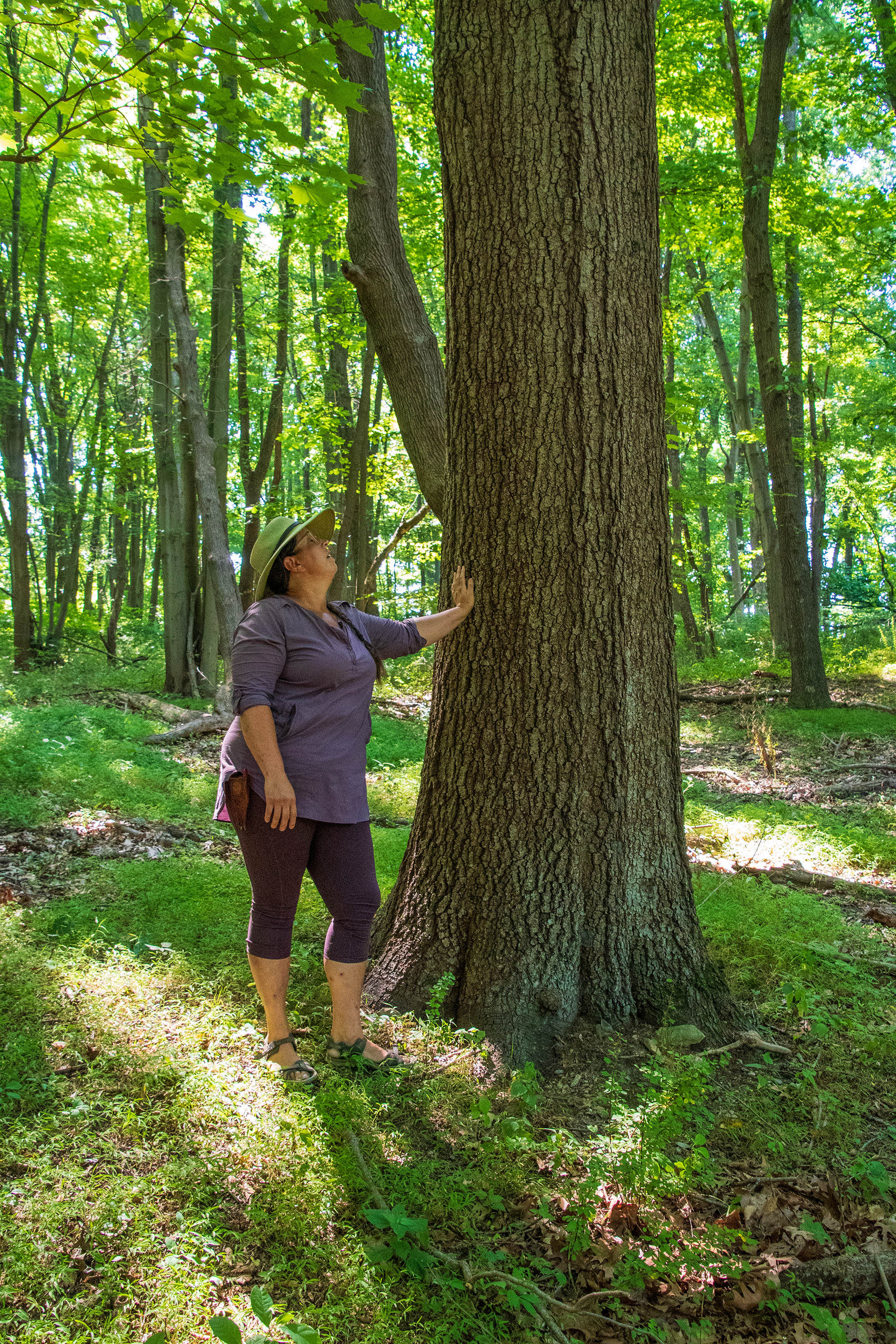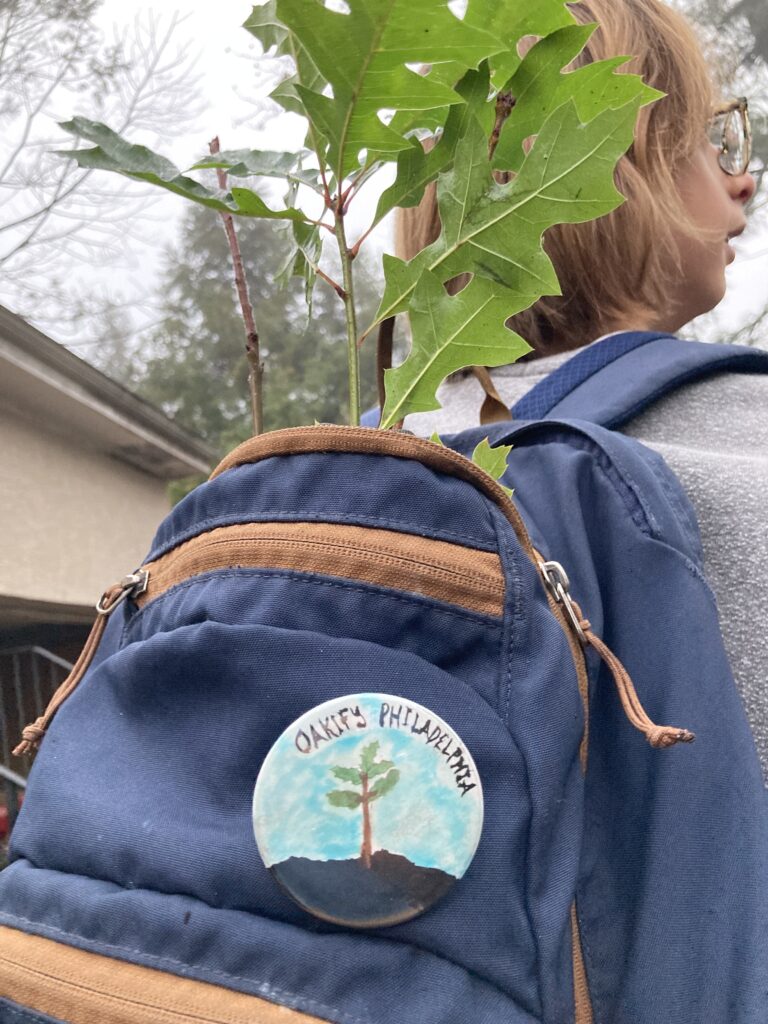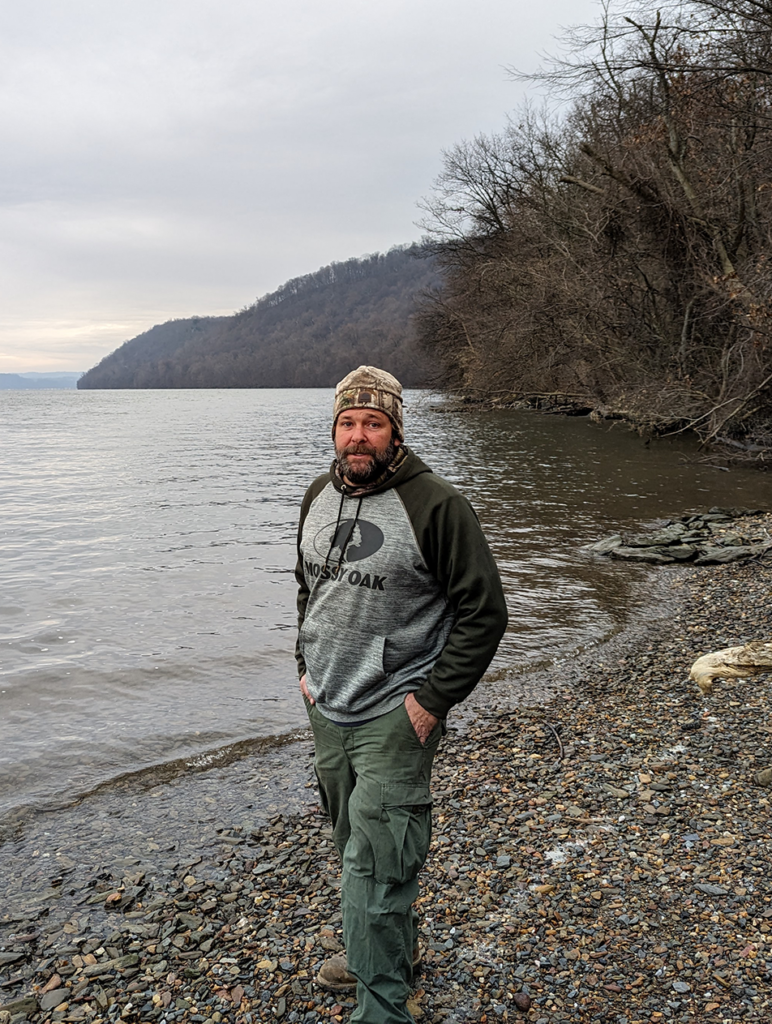On July 19, the Delaware Riverkeeper Network petitioned the National Marine Fisheries Service to list the Delaware River breeding population of Atlantic sturgeon as endangered under the Endangered Species Act.
The Act breaks species at risk of extinction into geographic populations with their own specific habitat protections and recovery plans. Atlantic sturgeon tend to breed in the same rivers where they hatched, making each river’s breeding population genetically distinct. The National Marine Fisheries Service, which oversees endangered species recovery for oceanic species, lumps the Delaware River’s Atlantic sturgeon, which are down to about 250 breeding adults, with those that breed in the Hudson River. The Riverkeeper’s petition claims that since the Delaware River’s sturgeon are doing much worse and are much fewer than those that breed in the Hudson, they deserve to be listed and managed separately from the Hudson’s.
The Delaware’s breeding population of Atlantic sturgeon crashed more than a century ago due to overfishing for caviar. Since then poor water quality, collisions with ships and the impact of changes to the river such as dredging and port facilities have kept their population from rebounding.
“Time is running out for the Atlantic sturgeon of the Delaware River. If our government agencies do not step up and put in place critical protections from ongoing and increasing river pollution, fossil fuels, dredging, proposed port projects and the new political pressure for LNG [liquified natural gas] exports that science shows will and are inflicting devastating harm, then the Delaware River’s Atlantic sturgeon population could be lost from this Earth in our lifetime. Once they are lost we can never get them back,” says Maya van Rossum, the Delaware Riverkeeper and leader of the Delaware Riverkeeper Network.
The petition is the first step in a process that could take years before the National Marine Fisheries Service makes a final determination about whether to protect the Delaware River’s Atlantic sturgeon separately.
